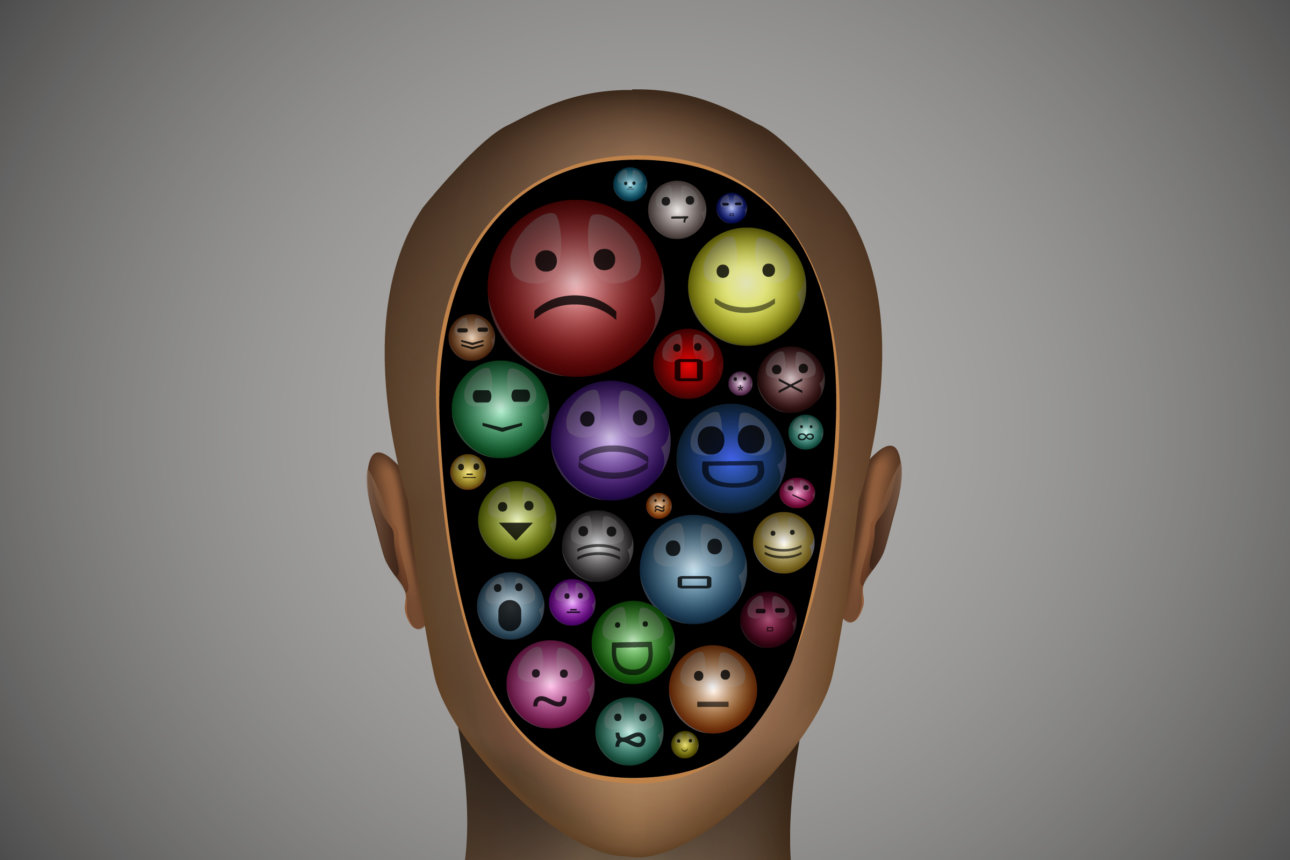“Nothing is more usual in philosophy, and even in common life, than to talk of the combat of passion and reason, to give preference to reason, and assert that men are only so far virtuous as they conform themselves to its dictates.” -David Hume
“How do you know?” That question is now a cliche in the popular conception of psychotherapy. Most of the time, therapy is considered to be a form of emotional regulation, wherein an emotionally dysregulated individual is taught how to master his feelings. Like so many concepts of philosophy, therapy is often similarly misunderstood, making us feel that our emotions have a limited place in our prospectively mature minds. So, while our emotions attempt to guide and protect us, we misconstrue them as enemies.
I noted in a previous article that Cognitive Behavioral Therapy is, sometimes, poorly taught in this way, conceived of as a method of victory instead of unity. Thus, we inadvertently cripple the client’s ability to heal. Consider a patient with Obsessive Compulsive Disorder (OCD) and ask yourself, “Is her checking absurd?” Does it seem like complete nonsense for her to check her stove before she leaves her apartment, or is that the amount of time she spends on re-checking makes it so? If reason were placed on a pedestal, we could say that it doesn’t make sense for her to check at all since she recalls turning it off. But if affect were prominent, then we would agree that she should check as many times as necessary to feel secure. Yet, neither make sense, even though so many of us would readily choose the former option.
Before exploring why it’s wrong, let’s look at the latter one, which is more obviously irrational. Emotional reasoning is the process in which a person turns to his or her emotions to assess reality. So, if she’s anxious, she must be in danger; if she’s sad, her life must be terrible. In someone struggling with depression and/or an anxiety disorder, emotional reasoning is often distorted and disconnected from reality. Returning to the OCD example, if she continues to check the stove and feel anxious after, she’s engaged in emotional reasoning, concluding (whenever she leaves) that the stove must be on because she’s still anxious. In this case, her anxiety is founded on the belief that she must gain a sense of certainty before moving on, therefore it persists. The disconnect here is between the belief in, and need for, security and what reality actually offers. (I’m not going to cover the association between the need for certainty and the fear of feeling guilty here.)
The second option, to rely on one’s memory, which is seemingly better, can also lead us astray. How many times have our memories failed us? How many times did you truly and fully believe that you did something you didn’t? Confidence, in this respect, is in fact over-confidence. Should all of us check the stove before leaving? I would say, yes. Our anxiety, which is based on a small probability, is actually useful. If I were to utilize emotional reasoning and conclude, “I feel anxious, therefore, I may have left the stove on,” my response would be rational considering the frailty of memory.
So, how many times should we check? If we resolved to take our emotions as seriously as our more rational conclusions, we could create a systemic way to harmonize the two. The most difficult forms of OCD to treat are the ones wherein the client looks for certainty through feeling, meaning that there isn’t really an exact number (or guide) associated with their compulsions, they simply discontinue enacting them when they “feel certain.” In exploring what certainty is and isn’t, it’s important to acknowledge that their system doesn’t do what they think it does; feeling certain isn’t the same as attaining assurance. In relegating our emotional side, we now turn to reason, asking, “Can I attain a high degree of certainty through observation?” You can now create a checklist to determine whether or not your stove is actually off. “Are the nobs vertically aligned?” ” Can I smell gas?” “Do I see a flame?” This would mitigate your anxiety but wouldn’t, and shouldn’t, resolve it, because you should be anxious, at least slightly. And since we can never be sure of anything, it would even make sense to go back and check one extra time. The issue isn’t anxiety but its excessive nature.
My anxious patients frequently tell me that they feel completely irrational and express a sense of shame over a perceived inability to manage their affect. But the problem lies in the belief that managing one’s emotions entails subduing them. Like affect, reason can also become too sure of itself and needs to be checked. And without an underlying sense of dread, anger, frustration, and even sadness, there’s often no impetus to do so. Emotions and reason both need one another, so continue to heed the call of your fear, but also learn how to not take it too seriously.

